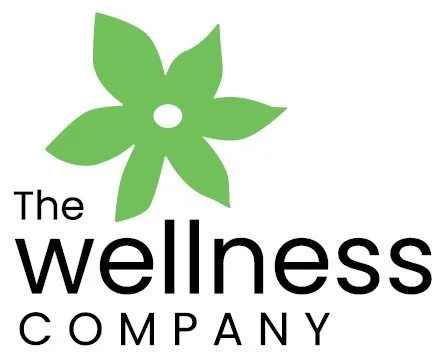Have you checked your B12 lately?
B12 seems to be the buzzword right now—and for good reason. But what exactly is B12, why is it so vital, and how do you know if you're getting enough?
Why B12 Matters
Vitamin B12, also known as cobalamin, plays a starring role in your body’s ability to function well. It’s essential for DNA production—your body’s genetic blueprint—and supports your central nervous system.
Even more importantly, B12 works in harmony with other B-group vitamins to convert the food you eat into energy. Without it, your body might be full of nutrients, but it’s like having a fully stocked kitchen with no power—nothing’s getting cooked.
Could You Be Deficient?
B12 deficiency can sneak up on you. Suddenly, carrying the groceries feels like lifting weights. You might notice tingling or numbness in your hands or feet, or feel bone-tired no matter how much sleep you get.
Because the symptoms can be subtle or easily blamed on a busy lifestyle, B12 depletion is often overlooked or misdiagnosed.
Here’s a list of common symptoms linked to low B12—do any sound familiar?
· Low energy or fatigue
· Heart palpitations
· Easy bruising or pale skin
· Anemia (not caused by iron deficiency)
· Nerve issues—tingling, numbness, or tremors
· Forgetfulness, brain fog, or dizziness
· Loss of muscle strength
· Poor sleep
· Digestive issues
· Bladder or bowel incontinence
· Mood swings, anxiety, or depression
· Sore or swollen tongue
· Loss of taste or smell
Who’s at Risk?
You may be more likely to experience B12 deficiency if you:
· Are over 50
· Have a gut disorder (e.g. IBS, coeliac, Crohn’s)
· Follow a vegetarian or vegan diet
· Take Metformin (for blood sugar)
· Use antacids or proton pump inhibitors (e.g. omeprazole)
· Take the oral contraceptive pill
· Over-indulge in alcohol
But even if none of these apply, you're not in the clear—I’ve had clients in their early 20s with significant B12 depletion. So it's worth checking, regardless of age or diet.
What You Can Do
If you're curious or concerned, book a consultation with me. We’ll look at your symptoms and determine if B12 might be the missing piece. I can provide a referral for a simple blood test, or you can visit your GP—results usually come back within a few days.
If B12 is low, don’t worry. We’ll create a personalised plan that may include herbal medicine, dietary support, and supplementation to restore your levels—and your vitality.
Because Your Body Can’t Make It...
B12 isn’t something your body produces on its own—you must get it from food or supplements. Here are some of the richest sources:
· Red meat
· Liver and other organ meats
· Chicken
· Eggs
· Dairy products
· Wheatgerm
· Brewer’s yeast
What Happens When B12 Is Replenished?
Once your B12 levels return to normal, you’ll likely notice some amazing shifts in your wellbeing:
· More energy and better stamina
· Deeper, more restorative sleep (B12 helps make melatonin)
· Improved mood and emotional balance (it supports serotonin production)
· Sharper brain function and memory
· Stronger bones (low B12 is linked to osteoporosis)
· Better heart health (by lowering homocysteine levels)
· Healthier hair, skin and nails (if deficiency was the cause)
· Reduced risk of birth defects during pregnancy
Have You Had a B12 Wake-Up Call?
I'd love to hear your story—have you had low B12 before? What were your symptoms, and how long did it take you to feel better? Share in the comments below!

